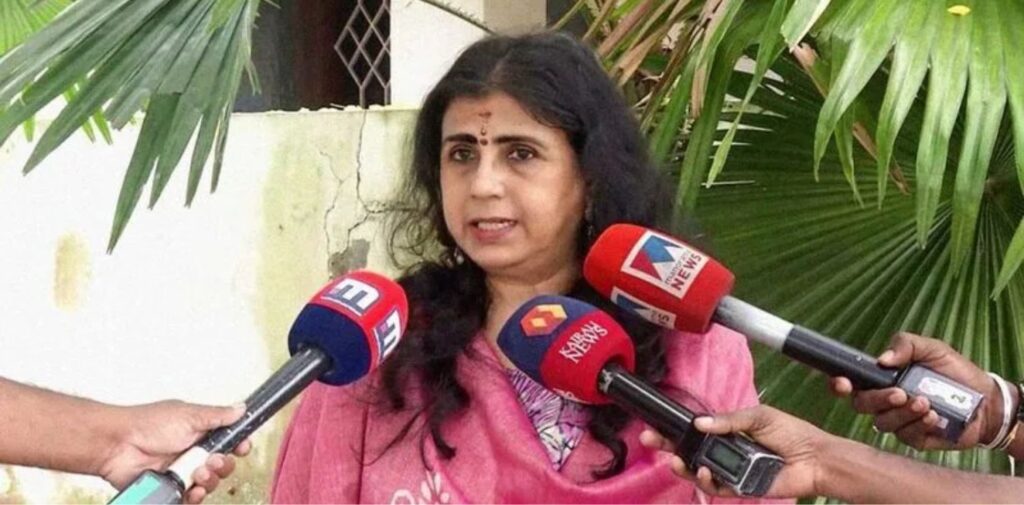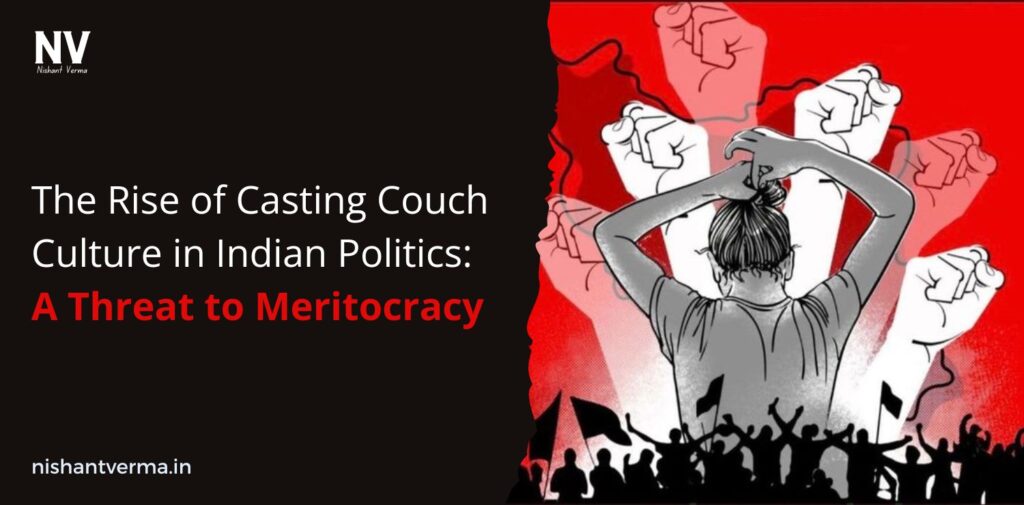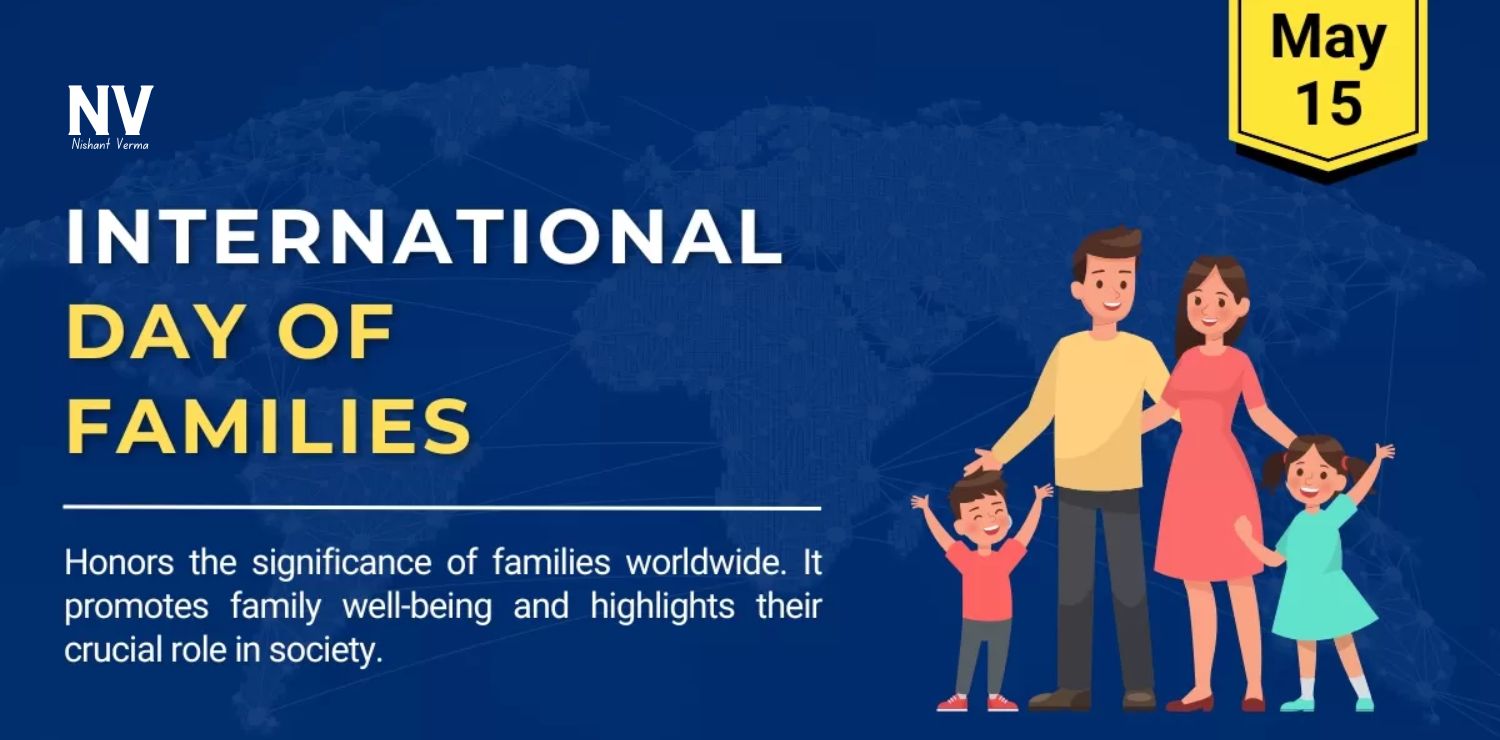The “casting couch” is a term historically associated with the entertainment industry, where actors or actresses are allegedly subjected to sexual favors in exchange for career advancement. However, in recent years, this toxic practice seems to have infiltrated the political sphere, becoming a disturbing trend that threatens the very foundation of democracy and meritocracy. Indian politics, once considered a platform for service to the people, is increasingly being tainted by the same shallow, exploitative tendencies that have plagued the Bollywood film industry.
This article aims to shed light on the degrading rise of casting couch culture in Indian politics, slamming political parties that are more concerned with appearances, influence, and wealth than genuine capability. It is a worrying trend that not only harms individual dignity but also devalues the democratic process, ultimately affecting the nation’s growth. Of particular concern is the Congress party, which has been accused of fostering this culture within its ranks. A call for strict laws to curb these practices is necessary, as India cannot afford to continue down this corrupt path.
The Erosion of Meritocracy: Talent Versus Money and Influence
Politics is meant to be a platform where leaders, elected based on their abilities, represent and serve the people. Yet, the reality we are witnessing is far removed from this ideal. The casting couch culture, previously limited to the entertainment world, has made its way into politics, where leaders are no longer being chosen for their intellectual abilities or leadership skills. Instead, they are being selected based on how well they fit into a party’s personal, financial, or even aesthetic mold.
Politicians who should rise through the ranks because of their experience, ideas, and policies are being sidelined in favor of those with the “right” connections, bank balances, or appearances. The preference for a younger, wealthier, and better-looking candidate—who might not necessarily be more competent—demonstrates how deep the problem runs. In the process, India’s political landscape is moving away from genuine leadership towards a platform where only the rich and influential can thrive.
This erosion of meritocracy is not only harming the political structure but also reflects poorly on the parties that are indulging in such practices. The ruling party, despite its promises to bring about change, seems to be slipping into the same corrupt habits that it once denounced.

The Congress Party: Fostering the rise of Casting Couch Culture in indian politics?
One of the major players in this degradation of Indian politics is the Congress party. The party, which boasts a long history of leadership in India, is increasingly being criticized for its internal culture of nepotism and favoritism. Recent allegations of casting couch-like practices have been raised against members of the party, leading to widespread public outrage.
Several high-ranking members have been accused of indulging in, promoting, or being complicit in a culture where candidates are selected or favored not because of their political skills but due to other disturbing criteria such as money, personal connections, and even their “appearance.” This encourages a political culture that sidelines capable individuals and elevates the undeserving.
This isn’t just about allegations against specific members of Congress but reflects a broader problem across the political spectrum. The entire system is becoming rotten due to these practices, but Congress, as a historical leader of the country, stands out as a particularly egregious offender. Its long-standing legacy is now tarnished, with this casting couch culture compromising the political integrity of the party and weakening democracy.

The Impact on India’s Progress
India is a young, vibrant democracy with millions of ambitious, intelligent, and capable individuals who aspire to lead their country. However, this new culture is forcing them to take a backseat as political elites with wealth and family connections take precedence. As a result, the country’s potential is being wasted, and many talented leaders are being denied their chance to contribute to nation-building.
This rise of nepotism and the casting couch system in politics does not just affect those within the political sphere. It has direct consequences on India’s governance and decision-making processes. When individuals are chosen based on criteria other than merit, the decisions they make—whether in policy, governance, or administration—are more likely to be flawed. Their focus shifts from the welfare of the nation to preserving their power, wealth, or influence.
Furthermore, such a system creates a sense of disenchantment and apathy among citizens. When voters realize that their leaders are not chosen based on merit or ability, but instead because of their appearance or connections, faith in democracy erodes. India is at risk of becoming a country where the political elite are separated from the masses, creating a growing divide between those in power and the people they claim to serve.

A Call for Action: Strict Laws and Accountability
If this corrupt culture of casting couch politics is not stopped, the future of Indian democracy is in grave danger. Allowing political parties to continue this path will only lead to further erosion of public trust and a weakened political system. It is time for citizens to demand action, and for the legal system to intervene with stringent laws and policies.
One proposed solution is to implement stricter laws governing political appointments and selections, ensuring that merit-based criteria take precedence over personal preferences. A transparent and impartial system must be in place, where each candidate’s political acumen and track record are thoroughly scrutinized before they are given leadership roles.
More importantly, there must be a zero-tolerance policy for those found guilty of engaging in casting couch-like behavior. The idea of political leaders being chosen based on factors such as appearance, wealth, or connections is not only immoral but dangerous to the democratic structure of the country. Therefore, strict legal consequences, including expulsion from political positions and criminal charges, should be enforced against those who indulge in or promote this behavior.
Conclusion: Protecting India’s Future
India is at a critical juncture. Its political parties, particularly Congress, are being accused of promoting a casting couch culture, where merit is sacrificed for superficial criteria like money and appearance. This culture is eating away at the very fabric of Indian democracy, and if it continues unchecked, it will have dire consequences for the country’s governance and future.
The time to act is now. Citizens must demand that their leaders be chosen based on merit and capability, not wealth or connections. The legal system must enforce strict penalties against those who degrade the political landscape with such corrupt practices. It is only through a united stand against this culture that India can hope to protect its democracy and allow its true leaders to emerge.
India cannot afford to let the casting couch become the norm in politics, as it has in other sectors. The nation needs capable, honest, and visionary leaders to guide it toward a prosperous future, and it is the responsibility of both political parties and the people to ensure that meritocracy triumphs over corruption.




